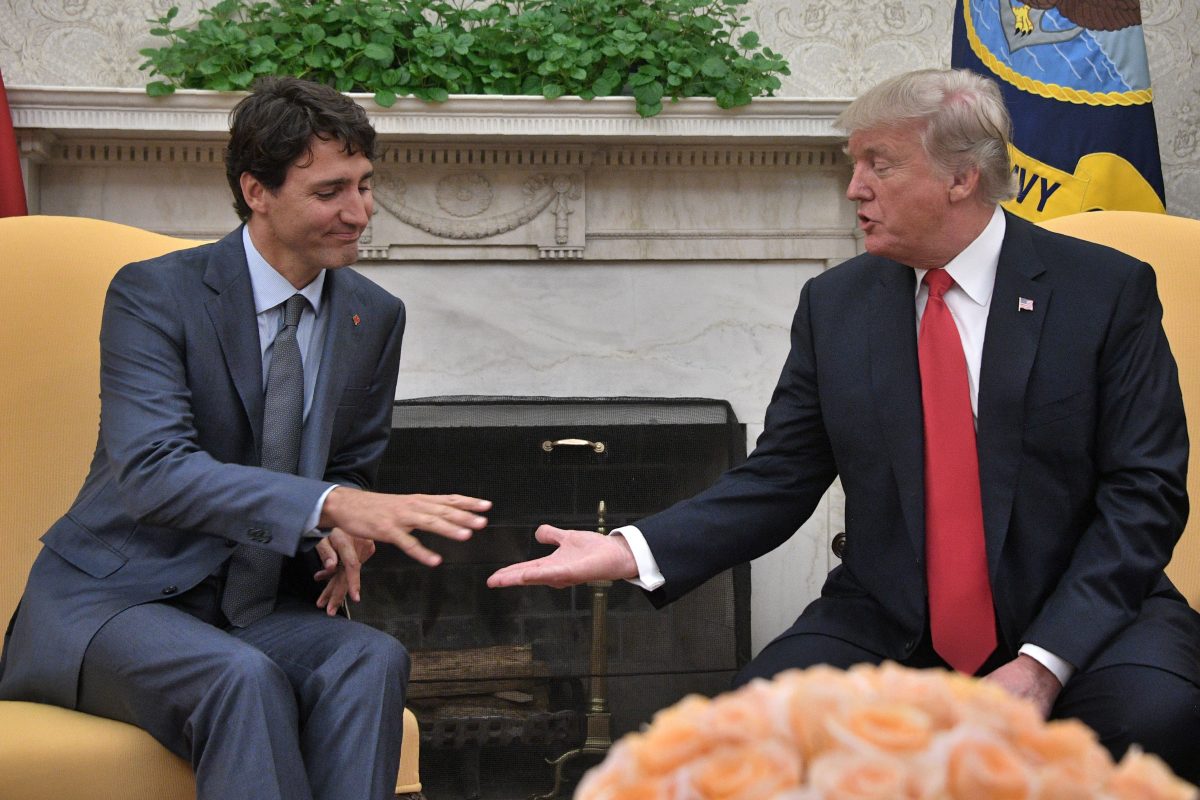Farmers urge Congress to enforce trade agreement requirements.
American Farmers: Trade Agreements Must Be Enforced for Fair Competition
American farmers are grateful for trade agreements that help them stay competitive in global markets. However, they emphasize that these agreements are only valuable if all parties involved adhere to the terms.
Don Schiefelbein, a farmer and rancher from Kimball, Minnesota, runs a successful cattle and row crop operation with his six brothers. He proudly states that less than 2 percent of the U.S. population feeds both the nation and a significant portion of the world.
“When so few can produce so much, it allows the 90 percent of our population to work every day to make our lives better,” Mr. Schiefelbein said.
During a recent House Ways and Means Committee field hearing, Mr. Schiefelbein highlighted that U.S. ranchers produce 18 percent of the world’s beef with only 6 percent of the world’s cattle. However, he and other farmers expressed concerns about the lack of enforcement of trade agreements, particularly the United States-Mexico-Canada Agreement (USMCA).

According to Mr. Schiefelbein, “We want free and open trade for everybody.” However, Canadian restrictions on dairy imports and Mexico’s ban on genetically modified corn have put the livelihoods of American farmers at risk.
Caroline Olson, vice president of the Minnesota Farm Bureau Association and a farmer herself, emphasized the significance of trade for the agriculture industry. She revealed that U.S. farmers export approximately 20 percent of their products, generating $196 billion in sales in 2022. International trade plays a crucial role in keeping her 110-year-old farm profitable.
Ms. Olson’s farm specializes in organic produce and hog production. She highlighted the demand for pork in Europe and Asia, particularly organ meats and other items that are popular in the United States.

Regarding the USMCA, Ms. Olson expressed hope that the United States would address Canada and Mexico’s behaviors that go against the agreement. The USMCA, which replaced NAFTA on July 1, 2022, aims to ensure fair trade and eliminate tariffs between the countries.
However, the implementation of the USMCA has faced political challenges from the beginning. Former President Donald Trump threatened tariffs on Mexican imports to address illegal immigration, and similar threats were made regarding Canadian steel and aluminum imports. These actions resulted in retaliatory measures from Canada.

" Conservative News Daily does not always share or support the views and opinions expressed here; they are just those of the writer."
